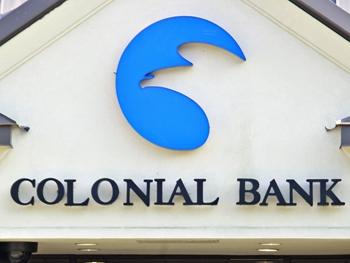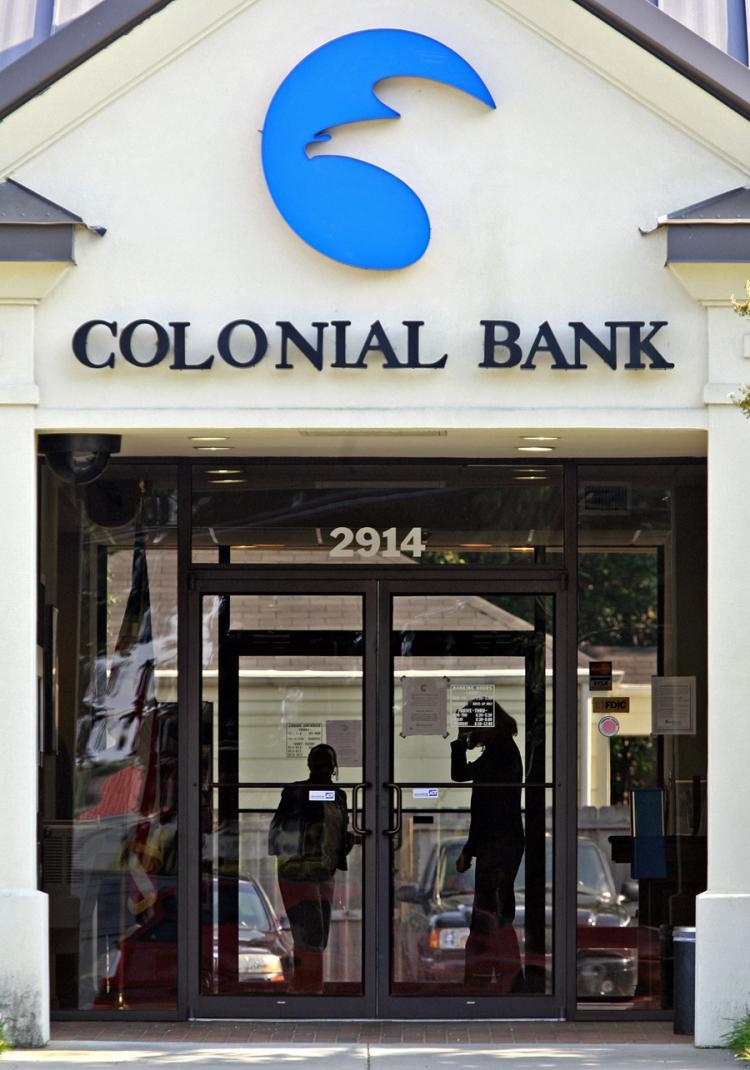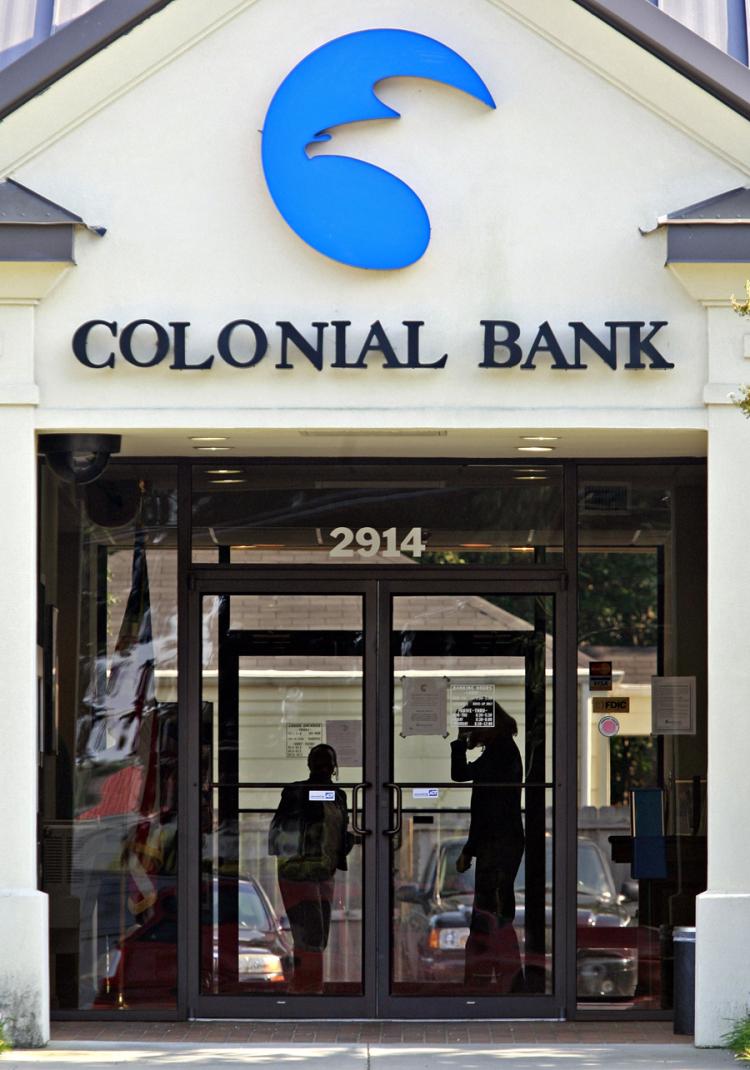Colonial BancGroup became the largest bank failure of 2009 last Friday. Its assets were taken over by regulators and subsequently sold to BB&T Corp.
The failure of Montgomery, Ala.-based regional bank was the sixth-biggest in U.S. history with $25 billion in assets. Colonial operated 346 branches in the Southern United States across Georgia, Alabama, Nevada, Texas, and Florida.
The bank was a major lender in the U.S. South and the Federal Deposit Insurance Corporation (FDIC) expects the failure to cost the agency about $2.8 billion. FDIC on Friday brokered the sale of Colonial’s branches and assets to BB&T. In addition, the FDIC and BB&T will share future losses and defaults of Colonial’s assets.
“The past 18 months have been a very trying period in the financial services arena, but the FDIC and its staff have performed as Congress envisioned when it created the corporation more than 75 years ago,” said FDIC Chairman Sheila C. Bair in a statement.
Bair said that customers should have no reason to fear as all accounts up to $250,000 are protected by the FDIC.
Colonial’s fate was sealed as early as two weeks ago. The company reported $606 million in losses and said that a $300 million capital injection deal with Florida-based mortgage lender Taylor, Bean, & Whitaker fell apart.
The bank had applied for a $500 million loan under the federal TARP program, which was contingent upon Colonial securing the $300 million in financing. Without the deal, Colonial’s future would be in doubt.
Four other U.S. banks also failed Friday night—Community Bank of Nevada, Community Bank of Arizona, Union Bank of Arizona, and Dwelling House Savings and Loan Association of Pittsburgh, Pa.
BB&T a Dominant Player in the Southeast
The Winston-Salem, N.C.-based BB&T Bank was one of the least affected during the financial crisis of 2008-2009 and has emerged stronger after snapping up failed rivals. With the Colonial purchase, the bank becomes the eighth largest in the nation with more than 1,500 branches.
The Colonial acquisition also propels BB&T into the fourth largest bank in Alabama and the fifth largest in Florida, two key markets in the U.S. South.
“We’re gaining solid market shares in great markets in Alabama, Florida and Georgia. And it comes with minimal asset risk to BB&T because of our loss sharing agreement with the FDIC,” BB&T CEO Kelly King said in a statement. ”As far as clients are concerned, it’s simply a combination of two banks. There will be no interruption in service and clients should expect business as usual.”
A Thousand Banks to Fail?
Earlier this year, RBC Capital Markets analyst Gerard Cassidy said that more than 1,000 banks may fail over the next three to five years.
“Residential mortgage delinquencies remain at record levels, home-equity loan defaults are steadily rising and residential construction and land loan non-performing assets are skyrocketing for lenders with excess exposure to the weakest housing markets in the U.S.,” Cassidy wrote in a research note to clients back in February 2009.
Some of the biggest banks to fail since the financial crisis began include Washington Mutual, Lehman Brothers Holdings, Inc., and IndyMac. But most of the banks Cassidy expects to fail are smaller ones.
Colonial was second on Cassidy’s list of banks most likely to fail. His prediction may yet come true, as analysts believe the commercial real estate market has yet to bottom out and billions in loans are becoming due over the next 18 months.






